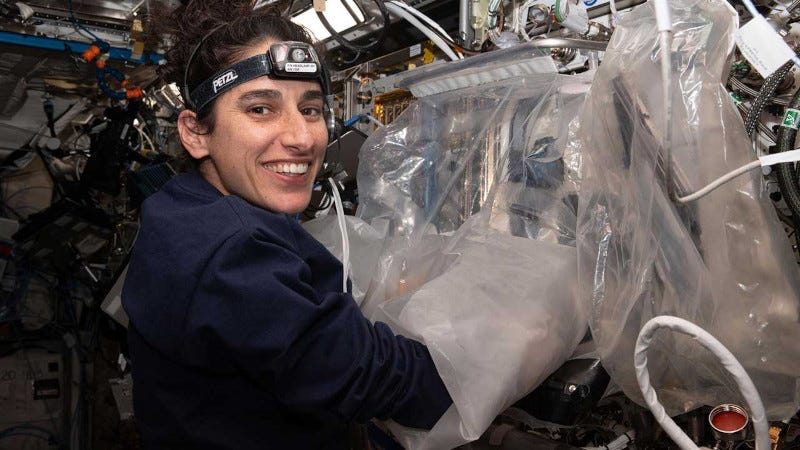National Science Foundation Solicits ISS Experiment Proposals
Will Provide Up to $1.6 Million in Total Funding for Multiple Projects
For the eighth consecutive year, the U.S. National Science Foundation (NSF) is funding a solicitation seeking projects that utilize the International Space Station (ISS) National Laboratory to advance tissue engineering and mechanobiology research. Through this solicitation,…




